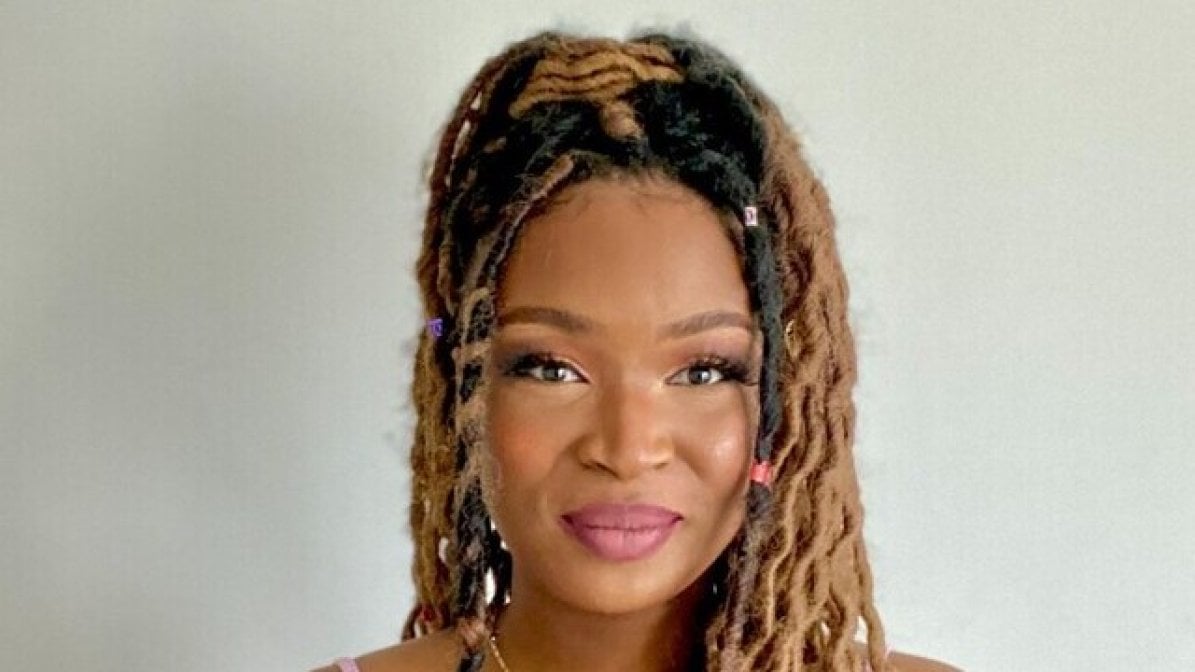You don’t know what you don’t know
Knowledge of all available pathways is needed to empower students to make the decision that’s right for them. Arriving in the UK from Nigeria in Year 3, myself and my family were not aware of the support and awareness to understand how the education system I was enrolled in worked — we didn’t know what we didn’t know.
This situation was exacerbated by unequal access to careers information, advice and guidance (CIAG). Talking to peers in my community, I know that some schools and colleges felt comfortable supporting students across a range of pathways, but others lacked the knowledge and resources to do so effectively or held outdated about what they were, who they were for and their value. Levelling the playing field for students, particularly for those from backgrounds that are under-represented in higher education, will require a concerted effort in ensuring that those influencing students — often overworked, and stretched teachers — have the right information and support. In the period of increased competition which we’ll see to the end of this decade, teachers, parents, and other key people in young people’s lives will need tailored resources so that young people can access the best pathway for them as an individual. To truly transform the careers support for students, you must transform it for all their influencers as well, otherwise the impact will be reduced.
So how should we support students to know what’s out there? The UCAS Hub is a great tool for this, and personalisation is key in overcoming the ‘you don’t know what you don’t know’ challenge. Pushing content to students, particularly those from disadvantaged backgrounds, about support or opportunities available to them that they may not have been aware of will only lead to better decisions by the growing cohort.
The same thing will happen with pathways. From this year, students will be able to view both university and apprenticeship options side by side in a neutral fashion. That means that for students with aspirations to go into law, they can now see legal apprenticeships alongside law degrees. Not only does this create parity and raise understanding of all of the choices available to students, but the neutrality is key. There won’t be any outdated or ill-informed understanding influencing decisions. It will allow future students to own that decision in its entirety.
